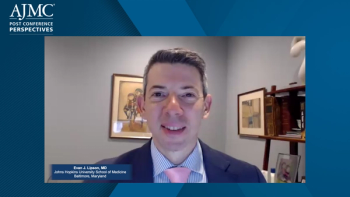
Video Series


Key opinion leaders analyze unmet needs and emerging trends in melanoma treatment based on findings presented at ASCO 2024.
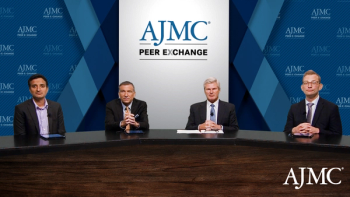


In their concluding remarks, the expert panel shares insights and provides recommendations to help practicing clinicians optimize atopic dermatitis patient care.

Reynold A. Panettieri Jr., MD, explores the impact of COPD and asthma on patients' quality of life, highlighting exercise limitations and sleep disturbances.

A panel of experts discuss how the NCCN guideline recommendations differ for patients with and without PD-L1 expression.

A panel of experts describe the key challenges and unmet needs for patients with newly diagnosed mNSCLC.
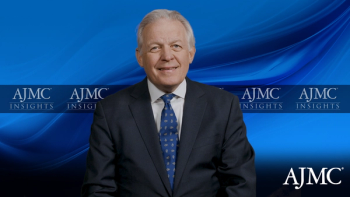
A leading oncologist explores promising new breast cancer therapies in the drug development pipeline and advises healthcare providers on strategies to remain informed about the most current treatment guidelines and recommendations.

An oncologist specializing in breast cancer treatment reviews the latest guideline recommendations for systemic therapies in HR+/HER2- breast cancer, comparing the available CDK4/6 inhibitors and discussing considerations for optimal treatment sequencing.
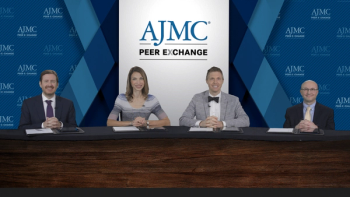
Key discussion points for educating patients on infection risk management in PNH care are highlighted.

Medical experts navigate significant challenges associated with PNH treatment.
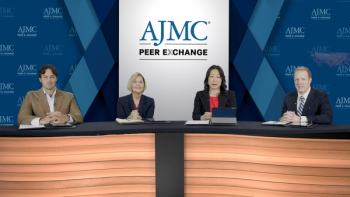
The panel discusses the economic impact biosimilars have across different patient types.

The panel discuss if including biosimilars on formulary at parity is enough to support their adoption.

Atopic dermatitis experts examine factors that impact coverage decisions for atopic dermatitis (AD) treatments, address challenges providers encounter (such as step-therapy and prior authorization) and offer strategies to streamline the prior authorization process for topical AD therapies.

Considerations for neoantigen therapy tailored to specific patient needs is discussed by Dr Lipson.

Dr Lipson provides insights surrounding combination therapies in melanoma management.
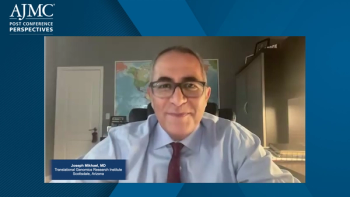
Joseph Mikhael, MD, discusses the PERSEUS trial findings presented at EHA 2024.
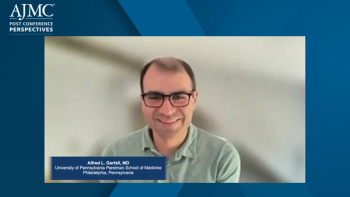
Dr Garfall, MD, provides further insights around the MajesTEC-1 study.

Jason Porter, MD, outlines the most significant unaddressed challenges in treating and managing non-small cell lung cancer as the field approaches the American Society of Clinical Oncology's 2024 annual meeting.

A panel of experts discuss the importance of up-front biomarker testing.

A panel of experts discuss the current limitations of optimal biomarker testing rates in the community.
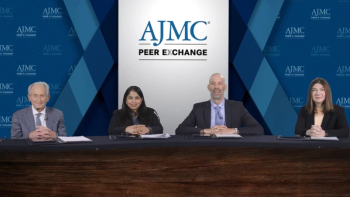
Stanley Goldstein, MD, discusses the differential diagnosis when considering CSU.

Giselle Mosnaim, MD, discusses the epidemiology that is associated with CSU.

William J. Gradishar, MD, analyzes current guidelines for identifying targetable mutations in breast cancer, explores strategies to enhance biomarker testing for mutations like PIK3CA or AKT1, and anticipates the growing influence of personalized medicine on the future of breast cancer treatment.

William J. Gradishar, MD, examines the impact of the CAPItello-291 phase III trial on NCCN breast cancer guidelines, comparing the investigated drug to other PI3K pathway inhibitors and discussing its potential to shape future treatment strategies.

Dr Garfall, MD, provides insights following results derived from the MajesTEC-1 study.

Joseph Mikhael, MD, discusses the latest trends and innovations regarding multiple myeloma management.

Results from the RELATIVITY-047 study on the melanoma landscape are evaluated by Dr Evan Lipson.

Dr Lipson continues his discussion as he highlights significant results from the NADINA trial.



